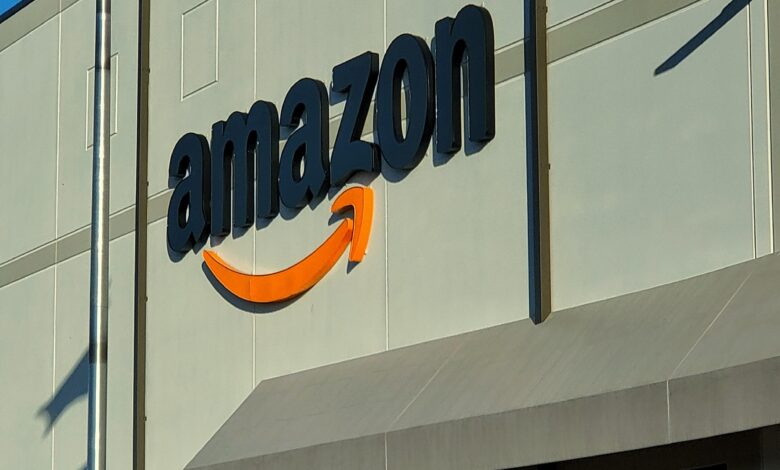Deaths at Amazon Being Probed and Warehouse Conditions Analyzed

Four Amazon warehouse workers died in separate accidents this summer. The deaths highlight a recurrent complaint about Amazon: that its fast pace puts workers in danger of injury and overheating.
Deaths have varied causes. Rafael Reynaldo Mota Frias, 42, died of a heart attack on July 13 in Carteret, New Jersey. Rodger Boland died after falling off a ladder in Robbinsville, New Jersey. Alex Carillo, 22, died six days after a forklift crash in Carlisle, Pa.
Eric Vadinsky died on Aug. 4 in Monroe Township, New Jersey. OSHA has six months to release its conclusions on the deaths.
Amazon condoled with the bereaved. Amazon spokesman Sam Stephenson: “These tragedies have affected our teams tremendously, and we’re offering resources for families and workers who need them.” “We’re cooperating with OSHA, which is conducting its own examination of the events, as it often does in similar instances.”
Amazon already faces federal and state examinations on workplace safety and worker resistance against excessively heated work areas. OSHA will investigate Amazon warehouses in Chicago, Orlando, and New York City. In August, Amazon air hub workers in San Bernardino, California, walked off the job to protest scorching conditions and wages.
People are rethinking their relationship with Amazon in light of reports of unsafe working conditions. 70 TikTok influencers signed a vow in August to remove their Amazon stores and wish lists and to avoid new deals to monetize their videos when users click over to Amazon’s marketplace.
TikTokers called out severe heat in warehouses and trucks that workers must load and unload in the sun, as well as Amazon’s response to union initiatives in its facilities. A snapshot from More Perfect Union shows an Amazon truck’s cargo room reaching 145 degrees Fahrenheit (63 degrees Celsius).
“Amazon is treating its workers like crap,” TikToker @asianlefty remarked in a video. He joined the People Over Prime Pledge.
According to Stephenson, Amazon’s warehouses are climate-controlled. “Our personnel follows strong safety protocols when working in warmer weather, and our policies meet or exceed industry requirements and OSHA recommendations,” he said.
Eric Frumin, head of health and safety at the union-affiliated Strategic Organizing Center, said warehouse deaths are unusual.
Workplace safety experts dispute the deaths
Marissa Baker, assistant professor of environmental and occupational health sciences at the University of Washington, agrees.
These aren’t Amazon’s first deaths in a year. Unknown how many Amazon employees have perished in warehouses over the years, but five employees and a delivery driver died in a collapsed warehouse in December.
OSHA investigated and forced Amazon to evaluate its severe weather procedures, but the deaths aren’t in two OSHA datasets that track fatalities. CNET asked OSHA why the deaths weren’t in their datasets. Amazon says it reports all deaths to OSHA as required.
Baker said deaths and injuries are underreported. “It doesn’t mean we can’t trust the data we have,” she said. She emphasized that recording workplace injuries and deaths required consistency.
Strategic Organizing Center health and safety head Frumin said OSHA investigations must be thorough to build prevention programs.
Investigators must ask why Boland fell off a 3-foot ladder in Robbinsville, he said. Even if a similar fall doesn’t kill someone, it could cause catastrophic injuries. Washington regulators said Amazon workers avoid or use step stools unsafely because they fear being penalized if they slow down.
Mota Frias died of heart collapse on Prime Day; investigators must determine if heat and work tempo exacerbated his condition.
Amazon denies killing him. Stephenson, a company spokeswoman, said the death was “medical.” Amazon workers informed the Daily Beast that Mota Frias’s workspace was dangerously hot, but Stephenson denied this. Stephenson said OSHA will also decide and “we expect it will reach the same conclusion.”
Frumin said a heart attack at work might be work-related even if it’s caused by an underlying ailment. Fearful people often work through health scares, he added.
Frumin believes it’s worth looking into the fact that the fatality occurred on Prime Day, when production demands contribute to greater injury rates.
Frumin replied, “That’s alarming.”




